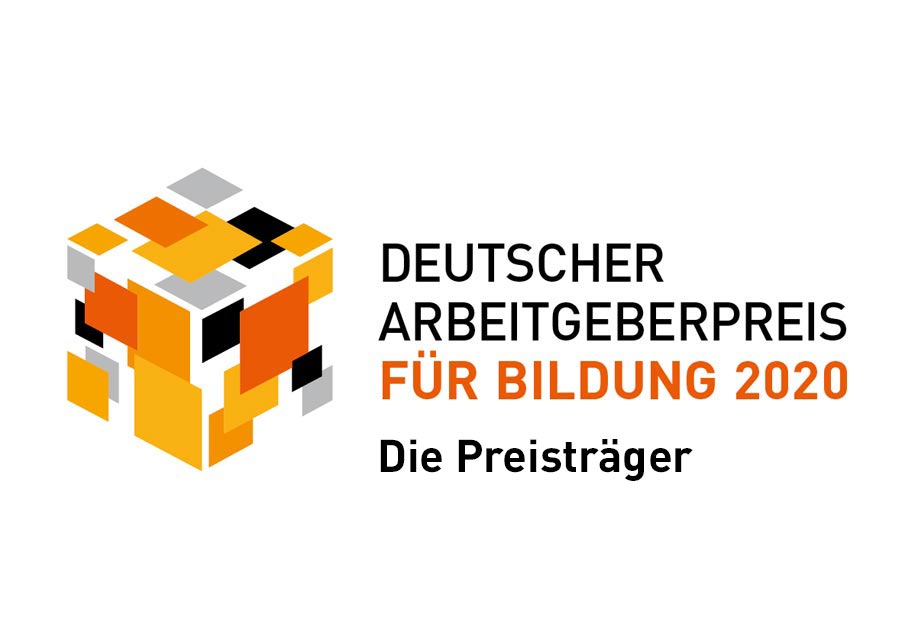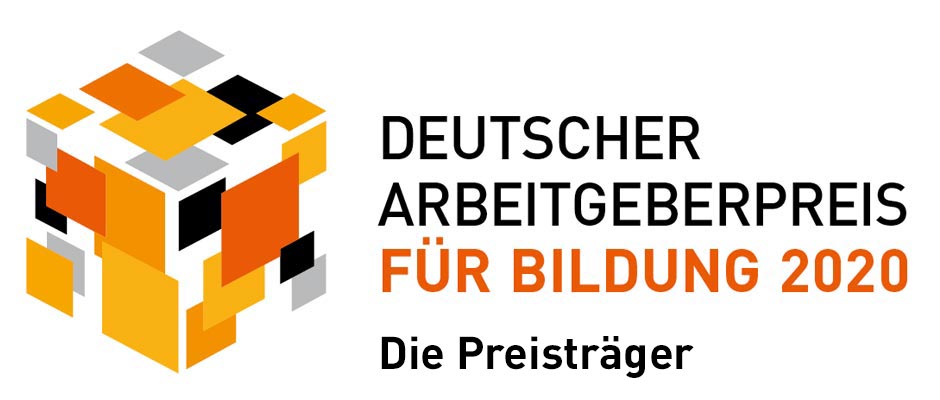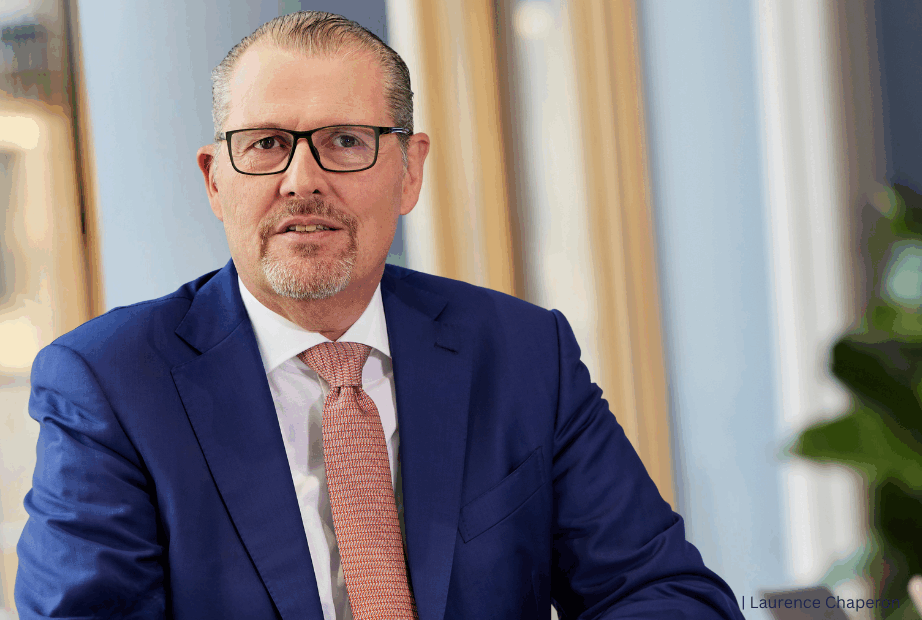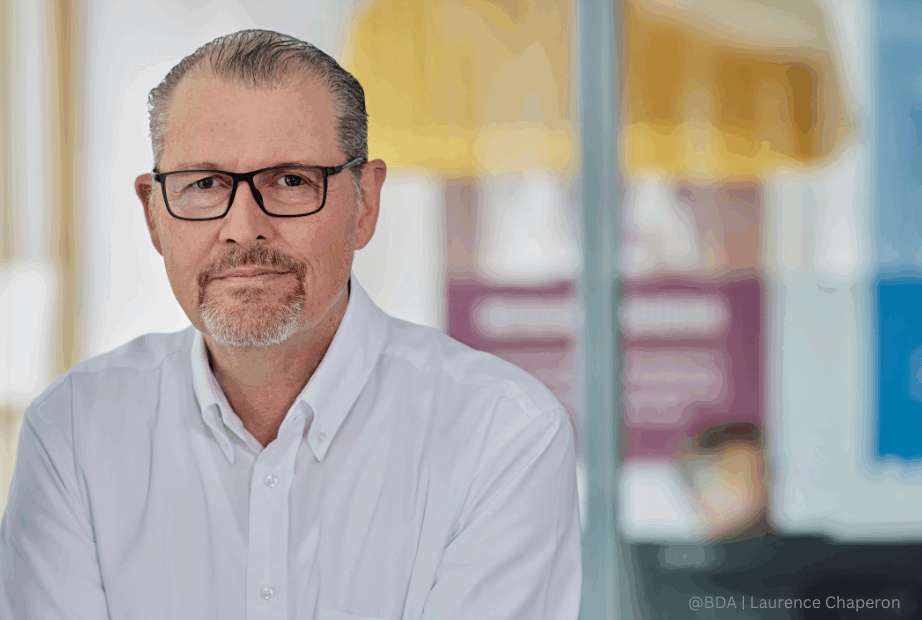- TOPICS
-
-
- Employment and Labour Market
- Labour law and collective bargaining policy
- General applicability
- Industrial action
- Labour & collective bargaining law
- Working time
- Time limit
- Works Constitution
- Bureaucracy reduction
- Data protection
- Protection against discrimination
- Parental leave
- Posting
- Insolvency
- Protection against dismissal
- Minimum wage
- Co-determination
- Mobile work
- Maternity protection
- Pandemic
- Care time
- Self-employment
- Tariff autonomy
- Collective Bargaining Agreement
- Collective bargaining unit
- Tariff policy
- Collective bargaining
- Collective agreement
- Part-time work
- Restructuring
- Holiday law
- Contracts for work
- Whistleblowing
- Temporary work
- Education and vocational training
- Training market
- Professional orientation
- Education policy
- Education 4.0
- Dual education
- dual study
- Permeability
- Early childhood education
- Higher Education Funding
- Lifelong learning
- Teacher Education
- Reorganization of education and training
- STEM Professionals
- Economic education
- Accreditation/Quality assurance
- SCHOOLBUSINESS Germany
- Digitalization and innovation
- Europe and International Affairs
- Social policy and social security
- Old-age poverty
- Work made in Germany
- Occupational safety
- Contribution and registration law
- Company pension scheme
- Shortage of company doctors
- Health insurance
- Long-term care insurance
- Mental health
- Pension insurance
- Riester pension
- Social self-government
- Social insurance
- Accident insurance
- The future of social security
- Taxes & Finances
- Economy & Society
-
-
-
- Newsroom
- The BDA
- Members

The German Employer Award for Education is presented to four educational institutions in Bavaria, Berlin, Lower Saxony and Saxony for their outstanding problem-solving skills.
With the German Employers' Award for Education, the Confederation of German Employers' Associations (BDA) rewards outstanding achievements in educational work. The prize is supported by Deutsche Telekom AG and Deutsche Bahn AG. The prize is awarded in the categories of early childhood, school, vocational and university education and is endowed with 10,000 euros each.

The call theme for 2020 was: "Can't be done - doesn't exist! Educational institutions demonstrate and promote problem-solving competence".
The 2020 awardees are:
- Category "Early childhood education":
Integrationskindergarten "Fröbelchen", Leipzig (Saxony)
Teaching-learning concept during Corona
- Category "School Education":
Quinoa School Berlin
Increasing equal opportunities through targeted support for students from difficult backgrounds
- Category "Vocational training":
Heilpädagogische Hilfe Osnabrück - Osnabrücker Werk-stätten (Lower Saxony)
Teaching-learning concept during Corona
- Category "Higher Education":
University of Passau (Bavaria)
Certificate programmes to promote entrepreneurship
Due to the Corona pandemic, the German Employers' Day, at which the award winners are traditionally honored, will be postponed until early summer 2021. The award winners will then be publicly honored once again.
BDA Executive Committee member and jury chairman Dr. Gerhard F. Braun explains: "The BDA, Deutsche Telekom AG and Deutsche Bahn AG had decided on this year's call for entries theme "Can't be done - doesn't exist!" even before the Corona pandemic. Problem-solving skills are among the most important qualities of all for companies in Germany. Those who possess them can adapt quickly to new situations, think innovatively and act in a goal-oriented manner."
Birgit Bohle, Member of the Board of Management responsible for Human Resources and Legal Affairs, Labor Director at Deutsche Telekom AG, emphasizes: "Educational institutions are also constantly faced with challenges and must find creative, cooperative and courageous solutions. The Corona pandemic has exacerbated this. We were interested in how they dealt with very different problems in specific situations, how teachers and learners benefited - and what other educational institutions can take from them."
Martin Seiler, Member of the Board of Management for Human Resources & Legal Affairs at Deutsche Bahn AG, emphasises: "Our award winners this year have mastered different challenges. They are being honored for their outstanding concepts in dealing with Corona, for their concrete contribution to increasing equal opportunities, and for promoting entrepreneurship among students. All four are doing extraordinary things. They are beacons that will hopefully find many imitators nationwide."
www.arbeitgeberpreis-fuer-bildung.de
Information on the four award winners
Early childhood education: Fröbelchen" inclusive kindergarten, Leipzig
The Fröbel integration kindergarten faced a real challenge due to the closure by Corona, as personal encounters and interactions with the children are particularly important for a kindergarten. The solution was digitalisation: the colleagues networked with each other and gained increasing confidence in using technical aids to the point of genuine enthusiasm. So it was possible to communicate with children and parents - in addition to "wave windows" and garden fence mail - via video messages and phone calls. Children introduced each other to books online and showed each other what they were doing at home or in local emergency care; even dog "happy" and cooking at daycare were followed online. The digital morning circle gave families ideas for the day. E-learning is now being used further for online training. In the meantime, media education and tablet use have been firmly integrated into the day-to-day life of the nursery. Digital tools were used optimally and dialogically to solve problems, with a lasting effect. https://froebelchen.froebel.info/
School education: Quinoa School Berlin
The Quinoa School in the hotspot Berlin-Wedding specifically targets disadvantaged young people with a migration background and language support needs. The start-up was founded in 2014 by Teach First Fellows. The effect of the intensive individual support is enormous: children with poor starting chances graduate from school in much higher proportions than the Berlin average, even in 2020 despite school closure. Problems are discussed by the staff, who share the responsibility. There is a subject called "Future" for vocational orientation. The school was aware that Corona was a special challenge for the children and their families. During the school closure, close contact was maintained with the pupils, basic digital skills were taught, content and communication were tailored to the online world; there were daily updates and motivational videos, as well as subject-specific video talks in the event of problems, and further training for the teachers. https://www.quinoa-bildung.de/
Vocational training: Heilpädagogische Hilfe Osnabrück - Osnabrück Workshops
The vocational training area of the Osnabrück workshops reacted to the Corona-related closure very quickly and with a lot of creativity. In the absence of digital structures, 900 different materials on various topics of vocational qualification and personality strengthening were developed in cooperation with the non-profit association Arbeitsgemeinschaft pädagogische Systeme. Every week, the staff sent educational packages to around 160 participants. After a short time, this method of working had already become well established; the feedback rate was almost 100%. Regular and close contact with the participants was maintained by telephone. The results were discussed with each other and it became clear that everyone approached the tasks with fun and enthusiasm. The activities of the Osnabrück workshops are particularly impressive proof of how it is possible, even without digital support, to create barrier-free homeschooling opportunities and thus continue to allow people with disabilities to participate in educational opportunities on an equal footing. https://www.os-hho.de/
Higher education: University of Passau, certificate programmes to promote entrepreneurship
Digitization and new technologies open up many opportunities, but also present society with challenges. In order to master these successfully, the skills of networked thinking and interdisciplinary action are becoming increasingly important. In addition, Germany as a business location needs creative entrepreneurs with innovative ideas. With the establishment of the two certificate programmes "Entrepreneurial Pathfinder" and "Honours Degree in Digital Technology and Entrepreneurship", the University of Passau has created a range of courses in the field of digital technologies and entrepreneurship that enables students to learn and cooperate across disciplines. With the participation of teachers from all faculties, students are specifically supported in developing ideas for digital business models and putting them into practice. The offer is flanked by an exchange forum in which students, teachers and entrepreneurs come together. Successful start-ups have already emerged from this offer, bringing smart sportswear, sensor-supported beehives or a configurator for smart homes to the market, among others. An approach with high transferability and proven impact. https://www.wiwi.uni-passau.de/en/dte/






